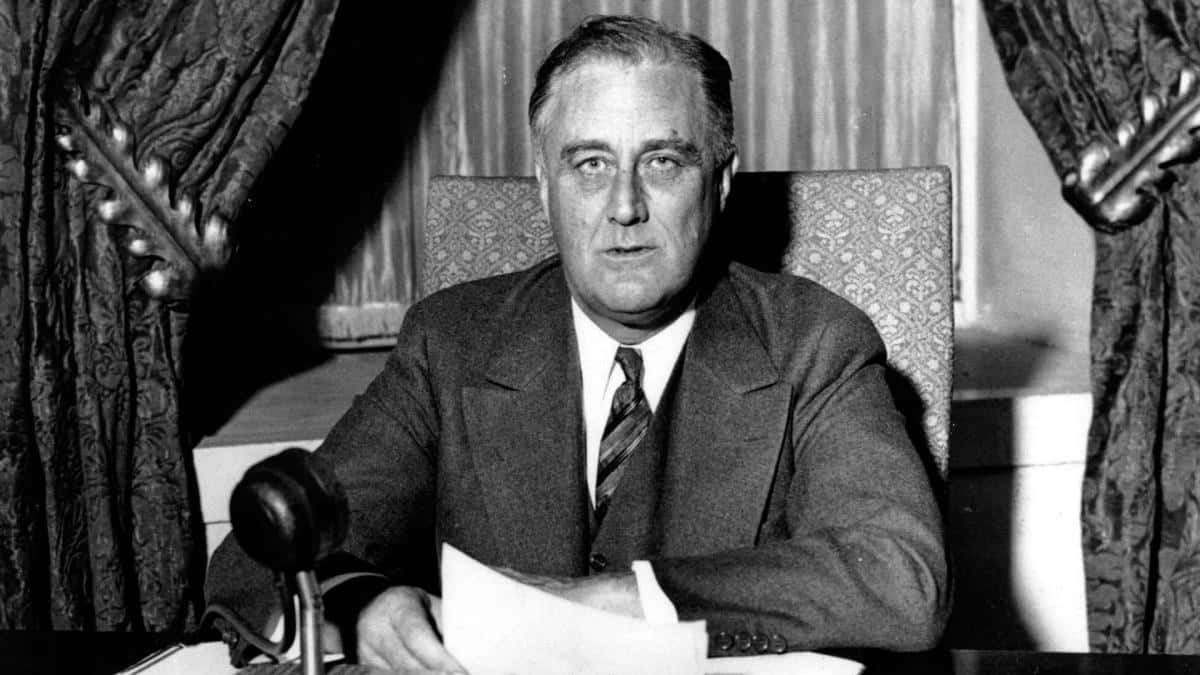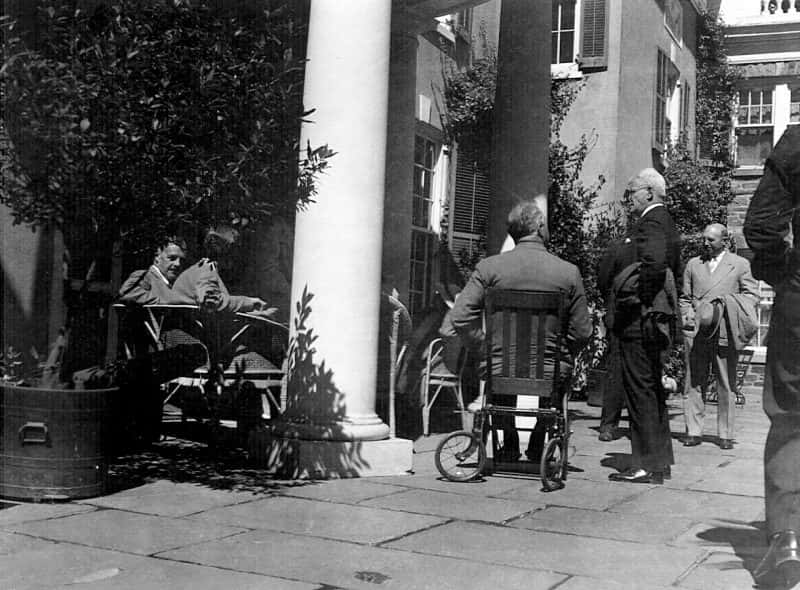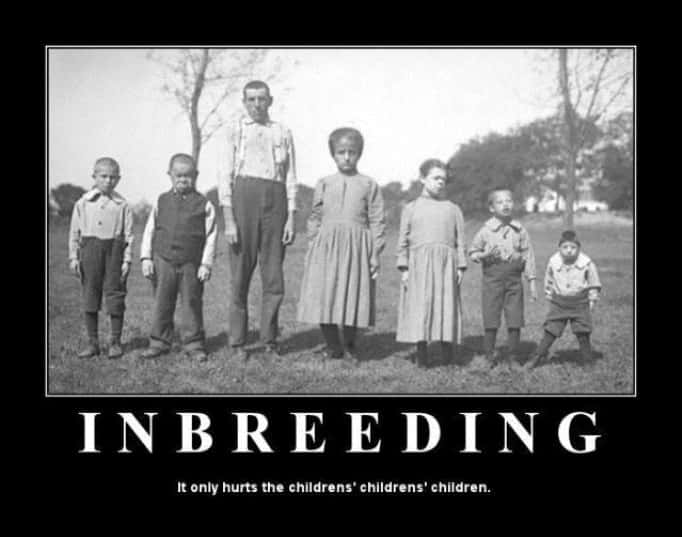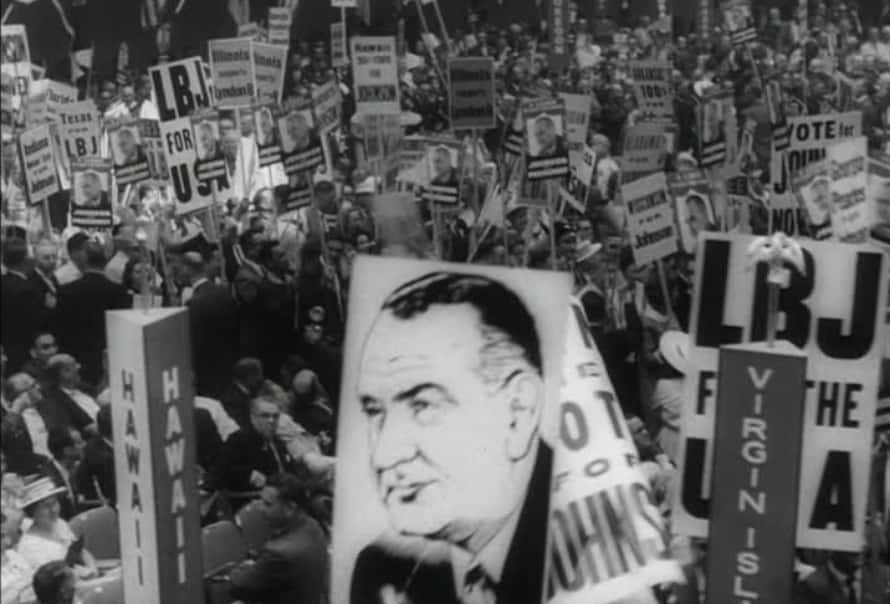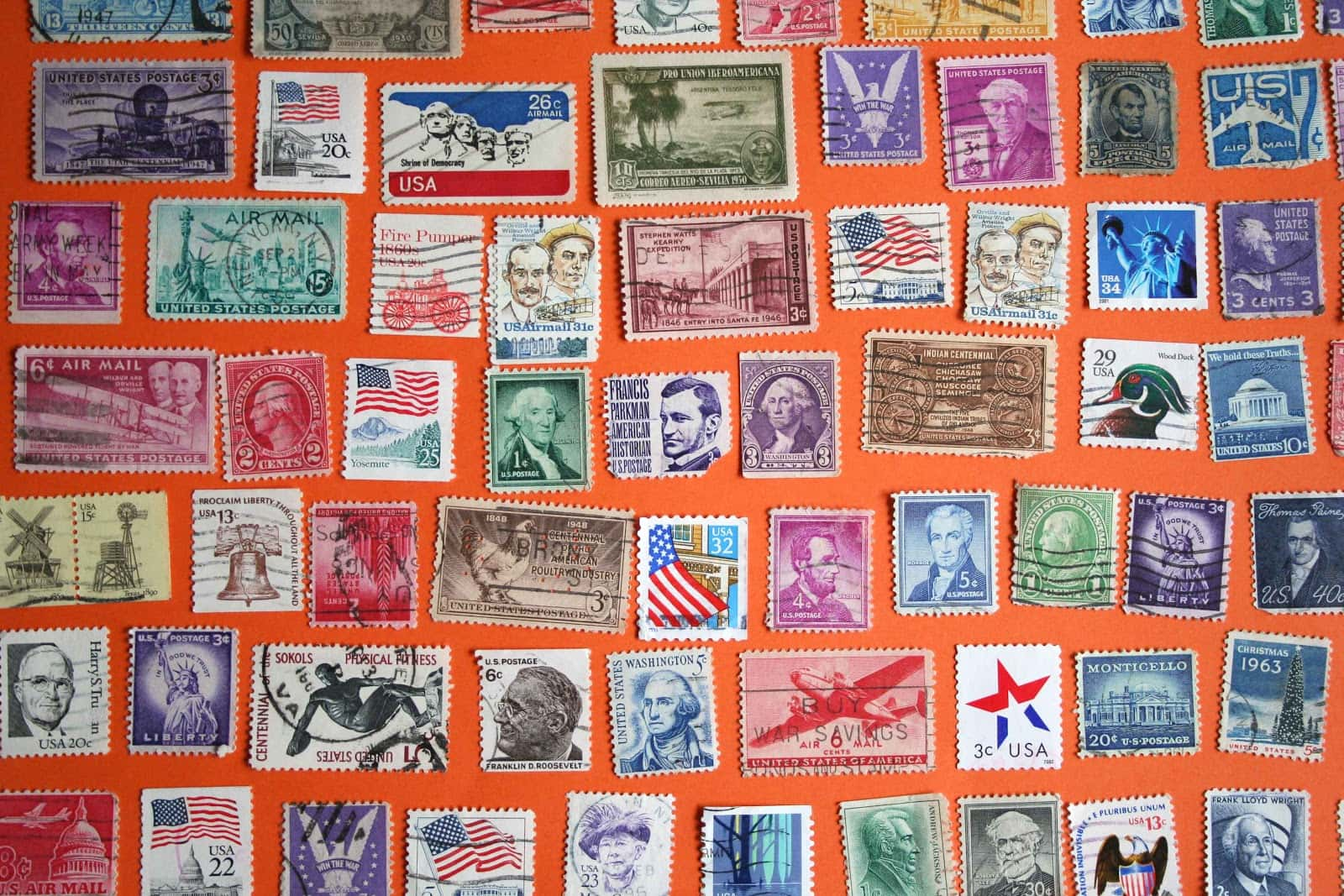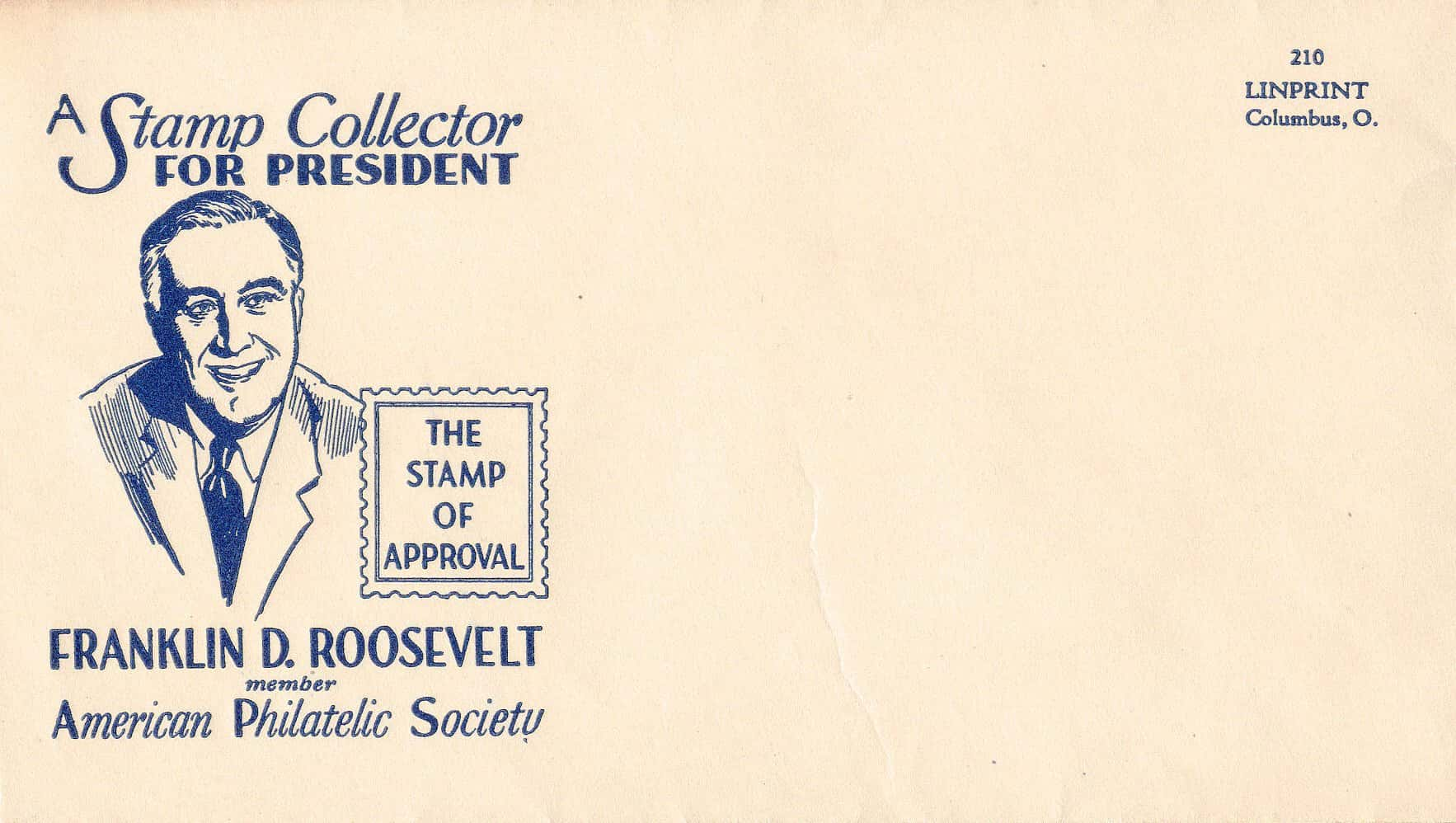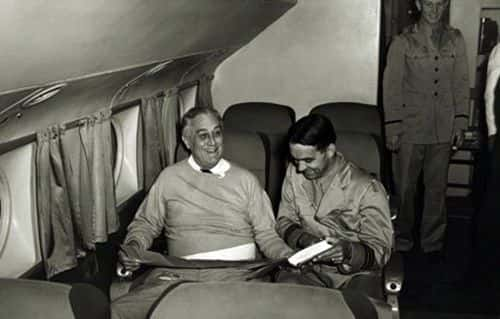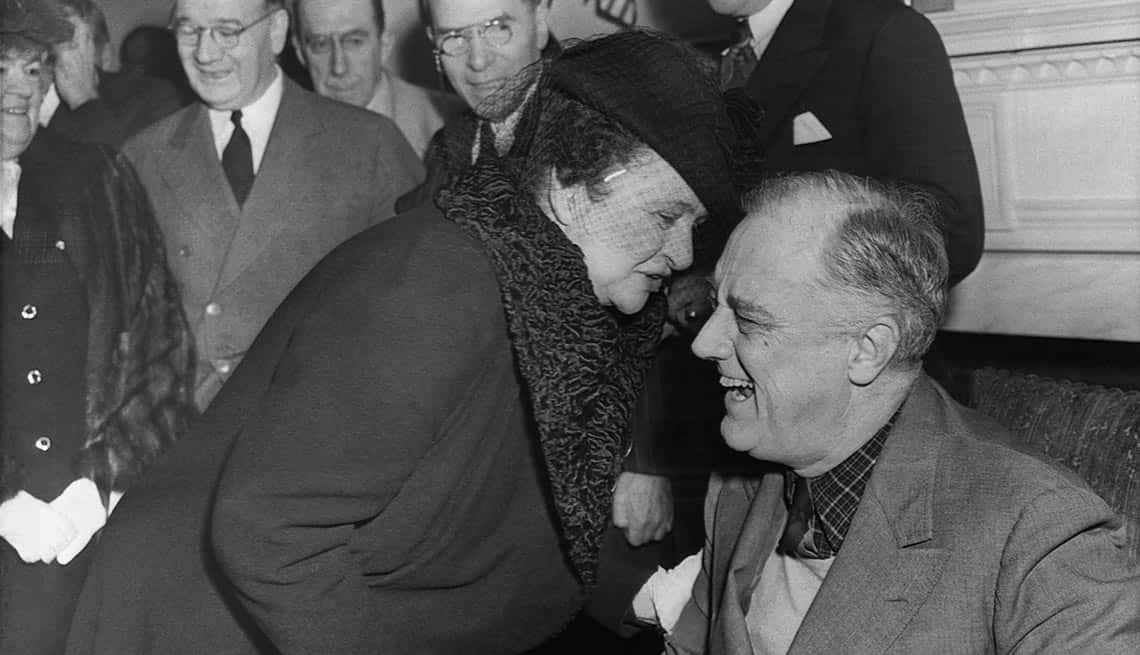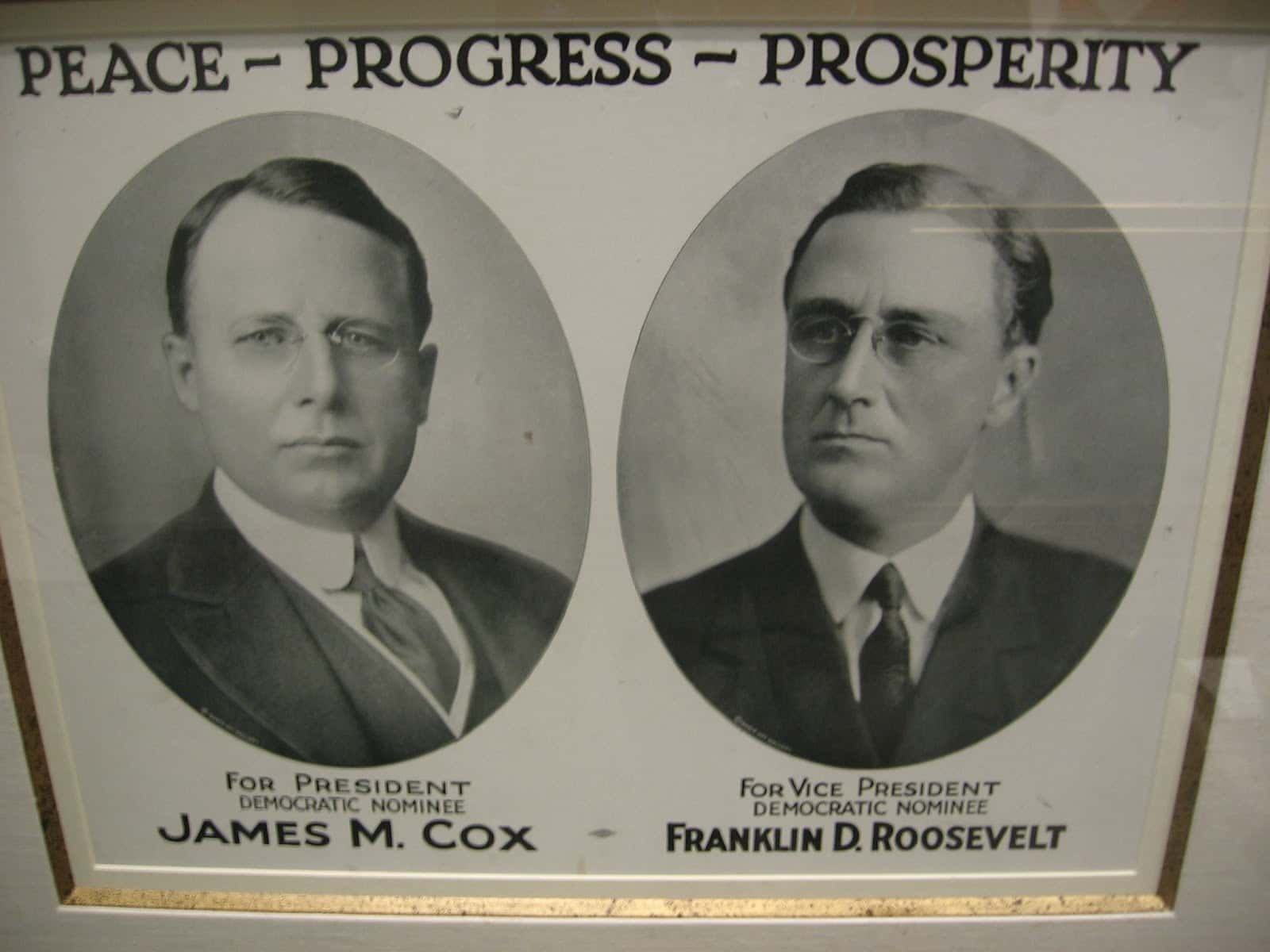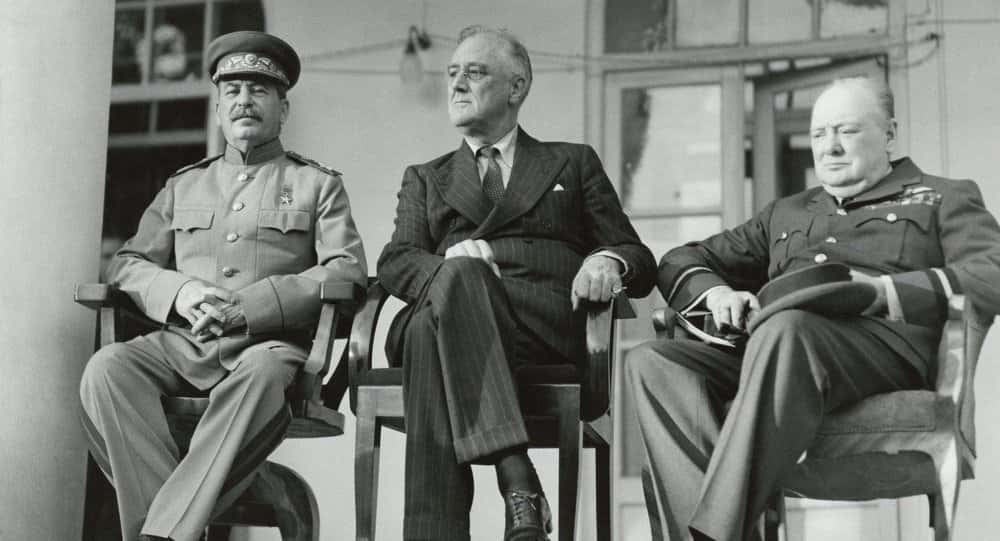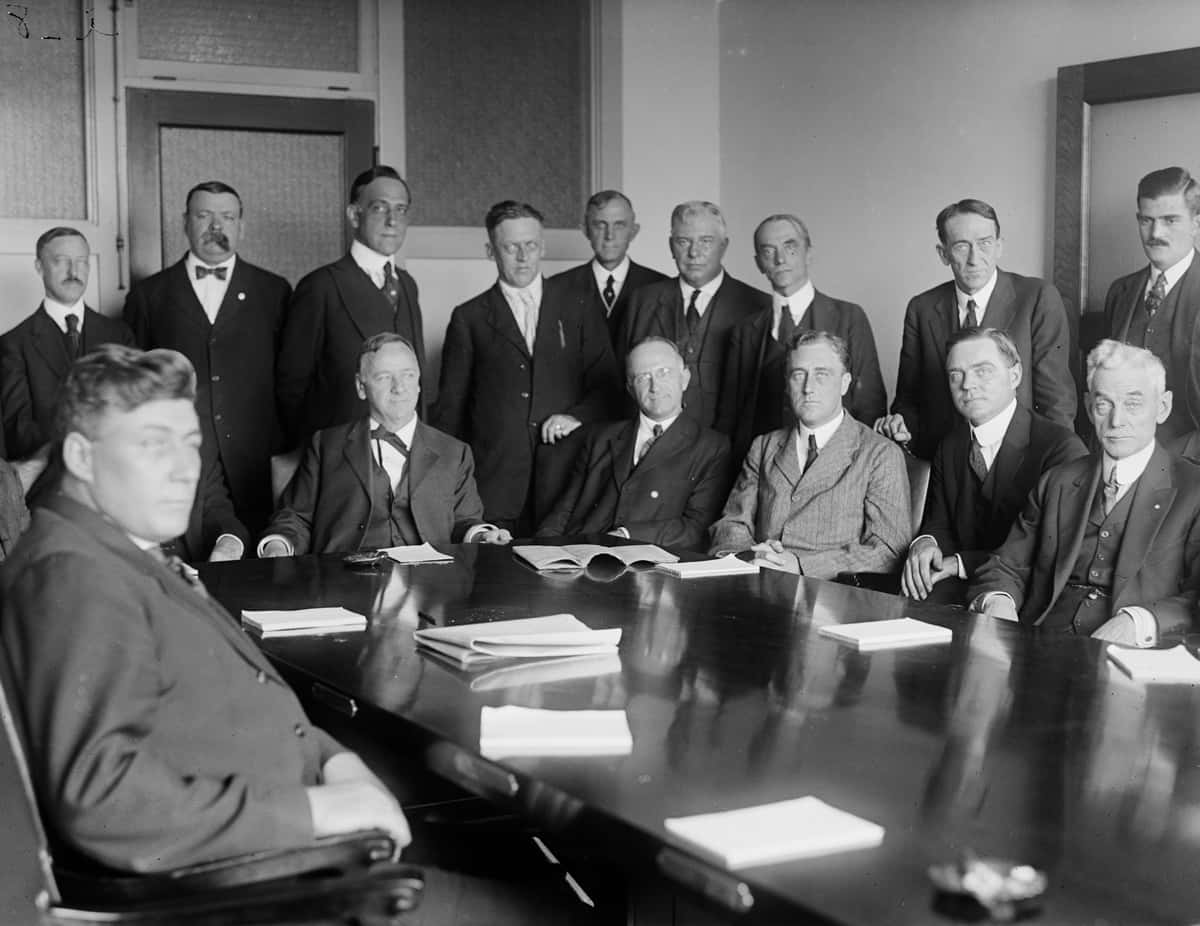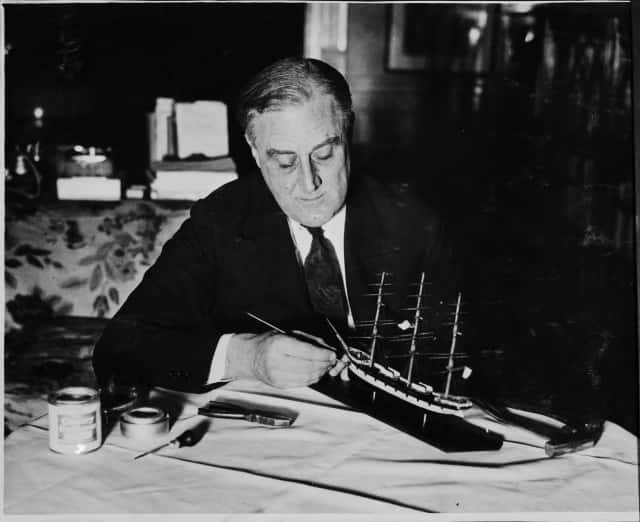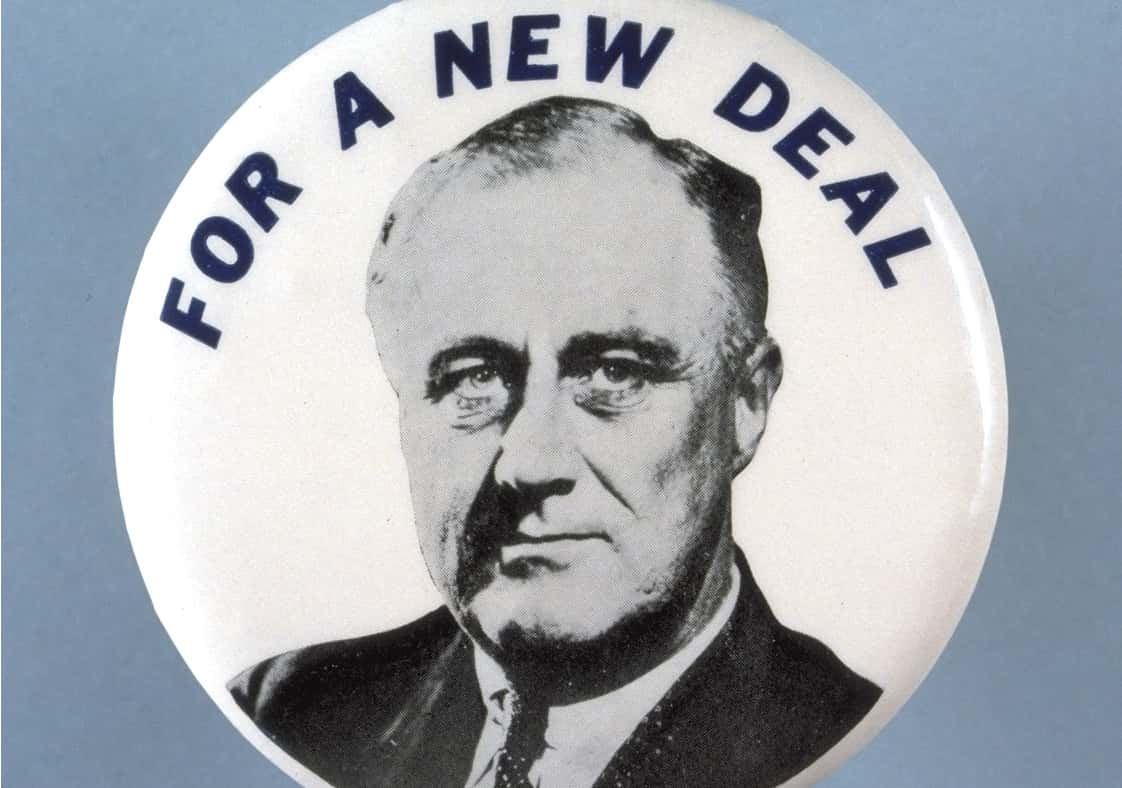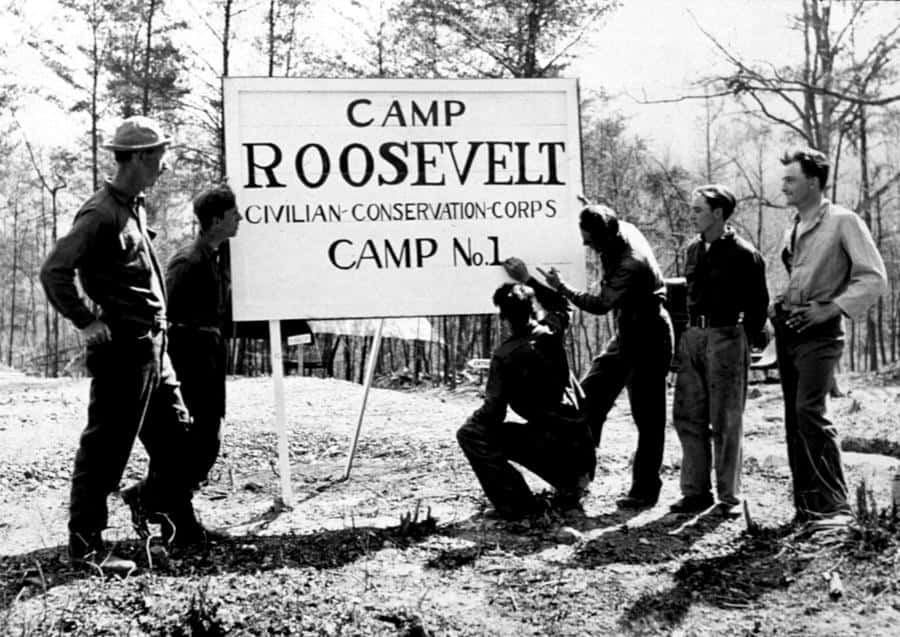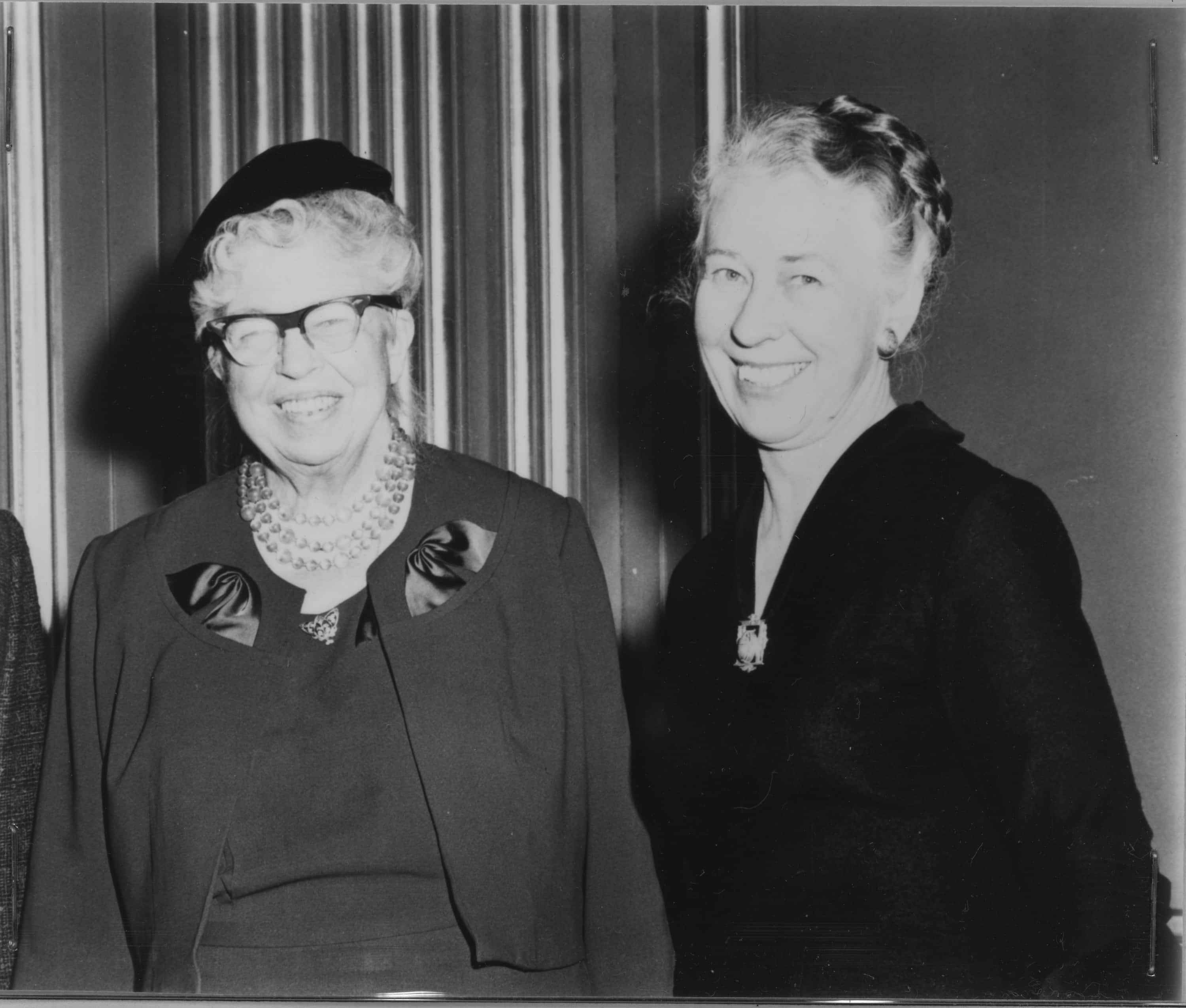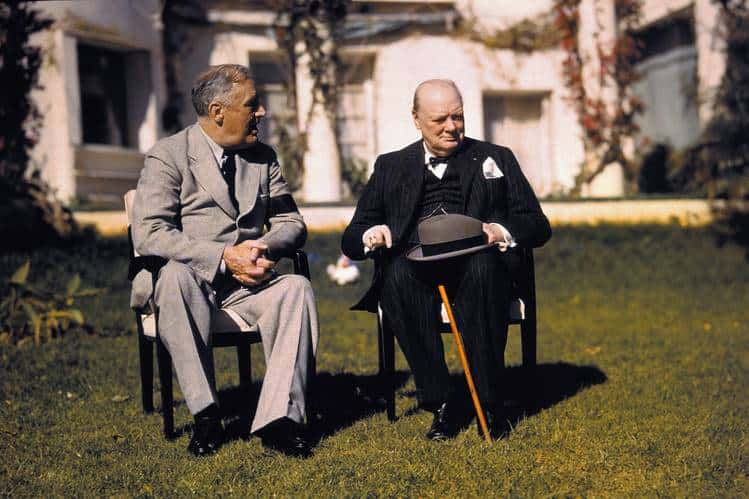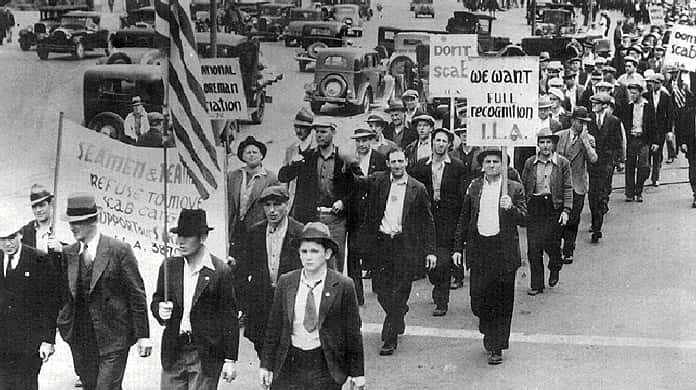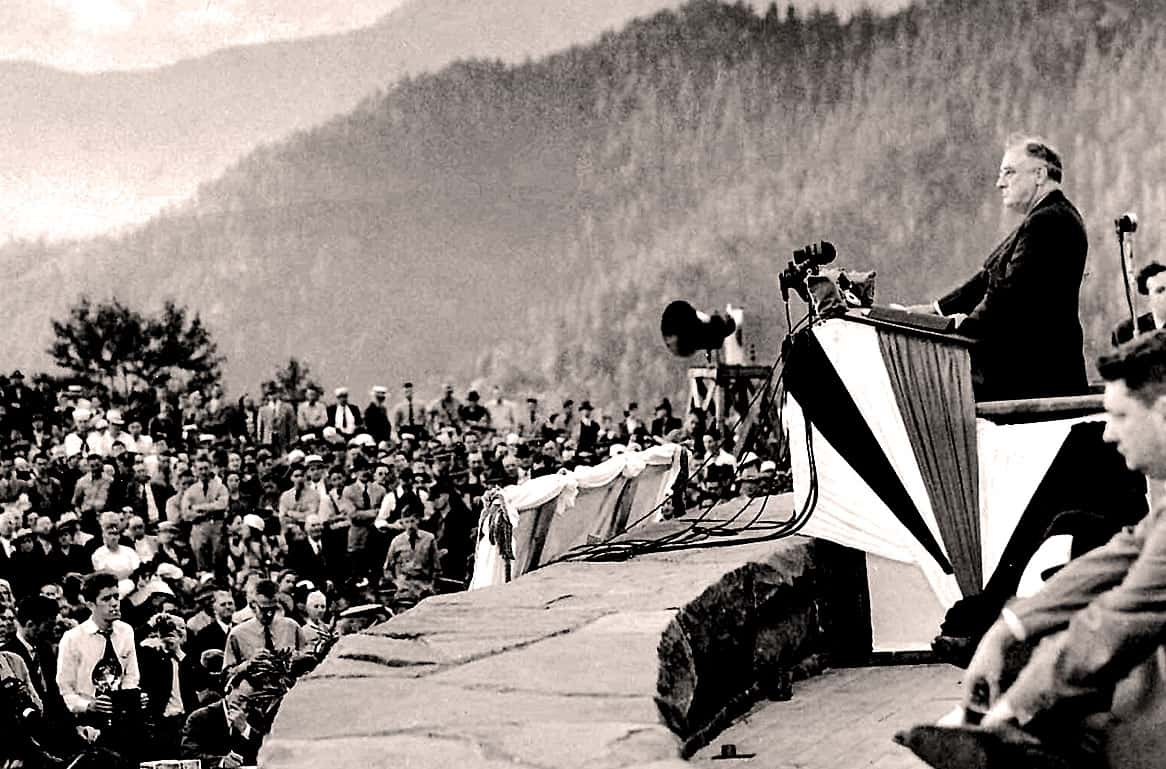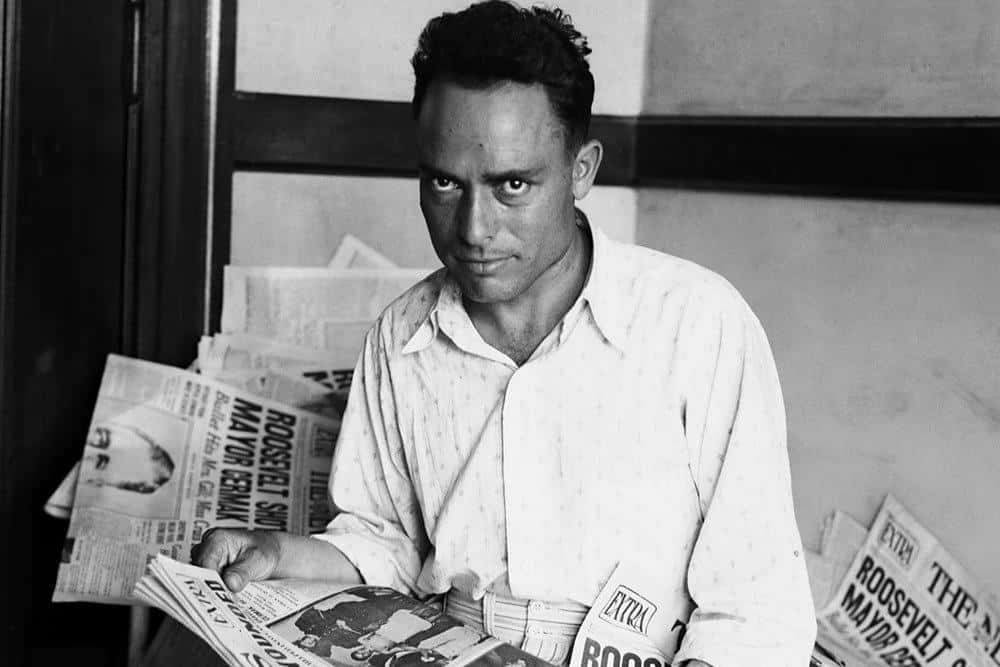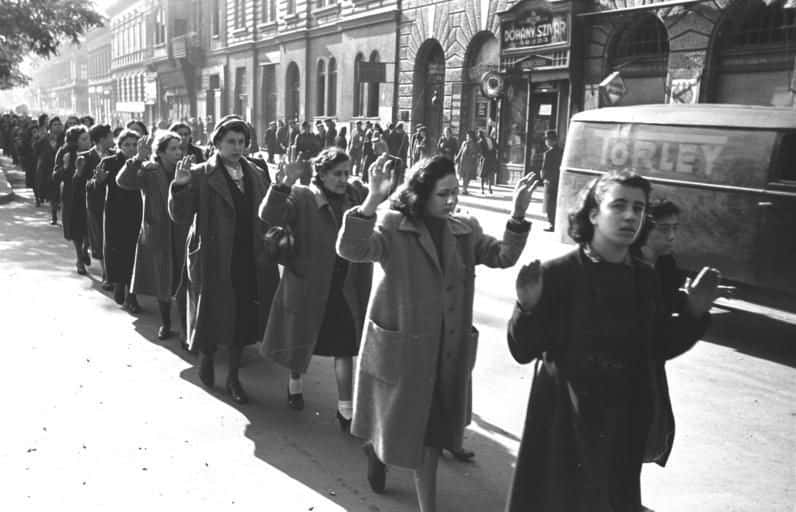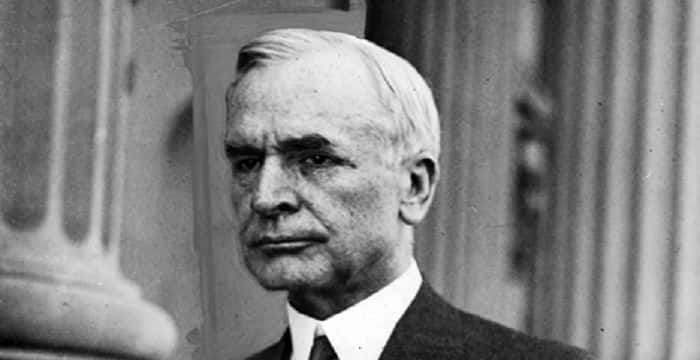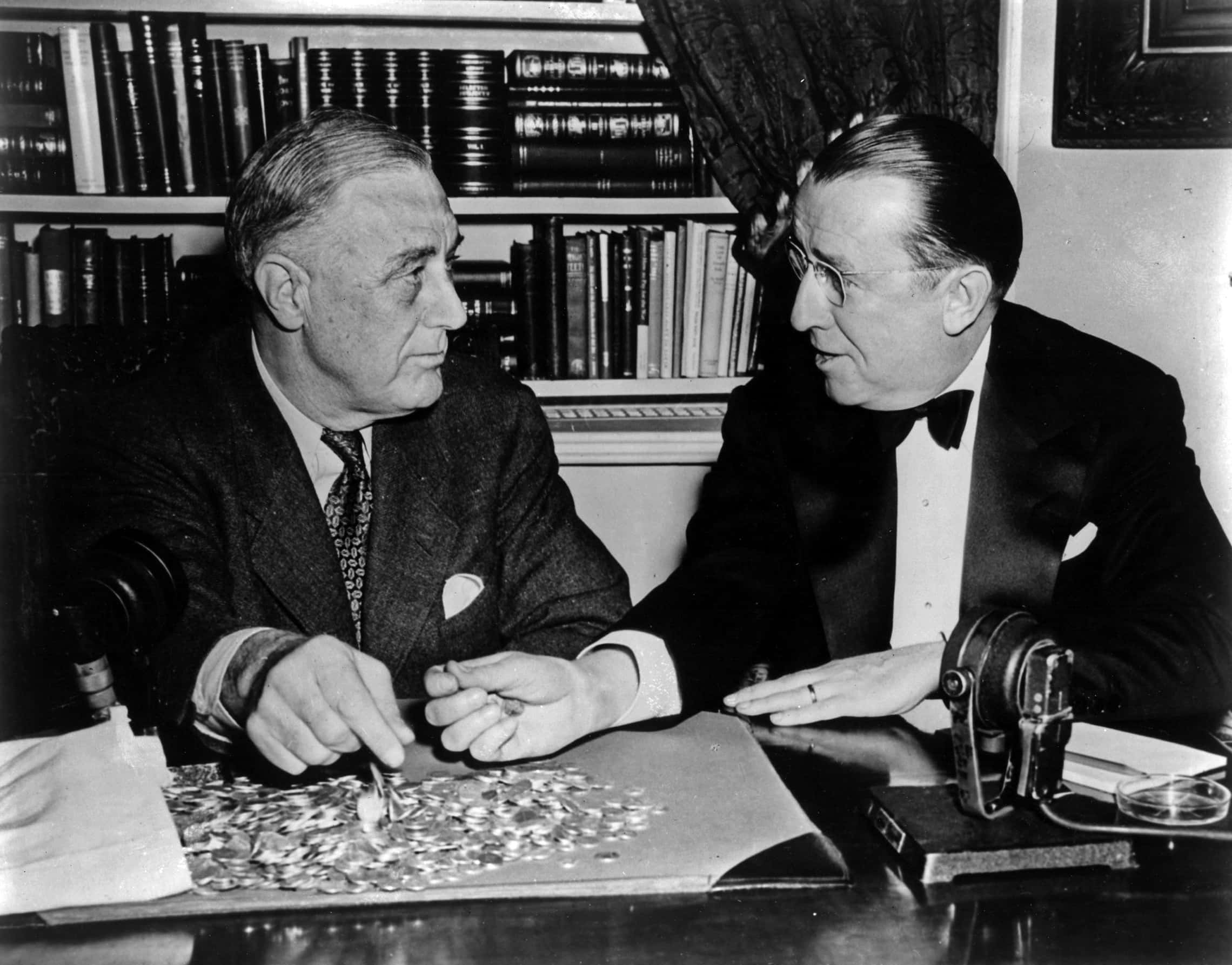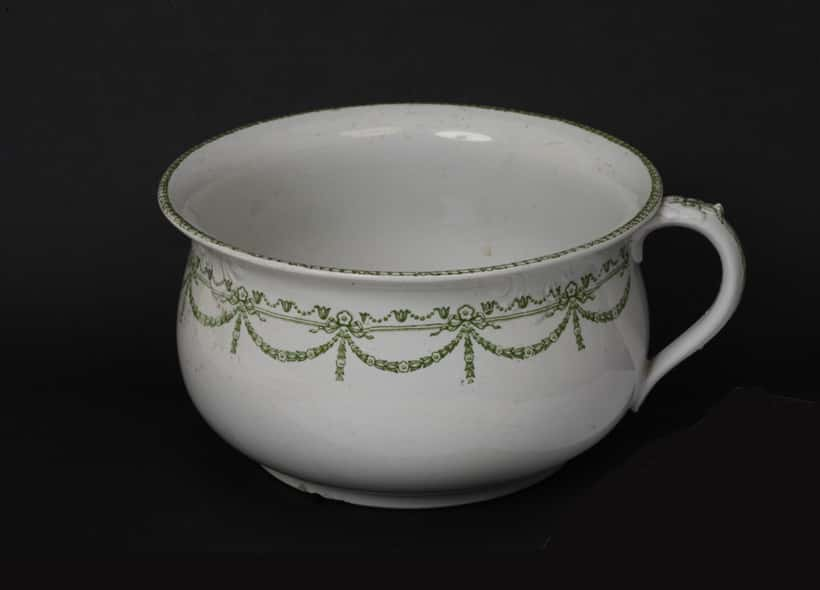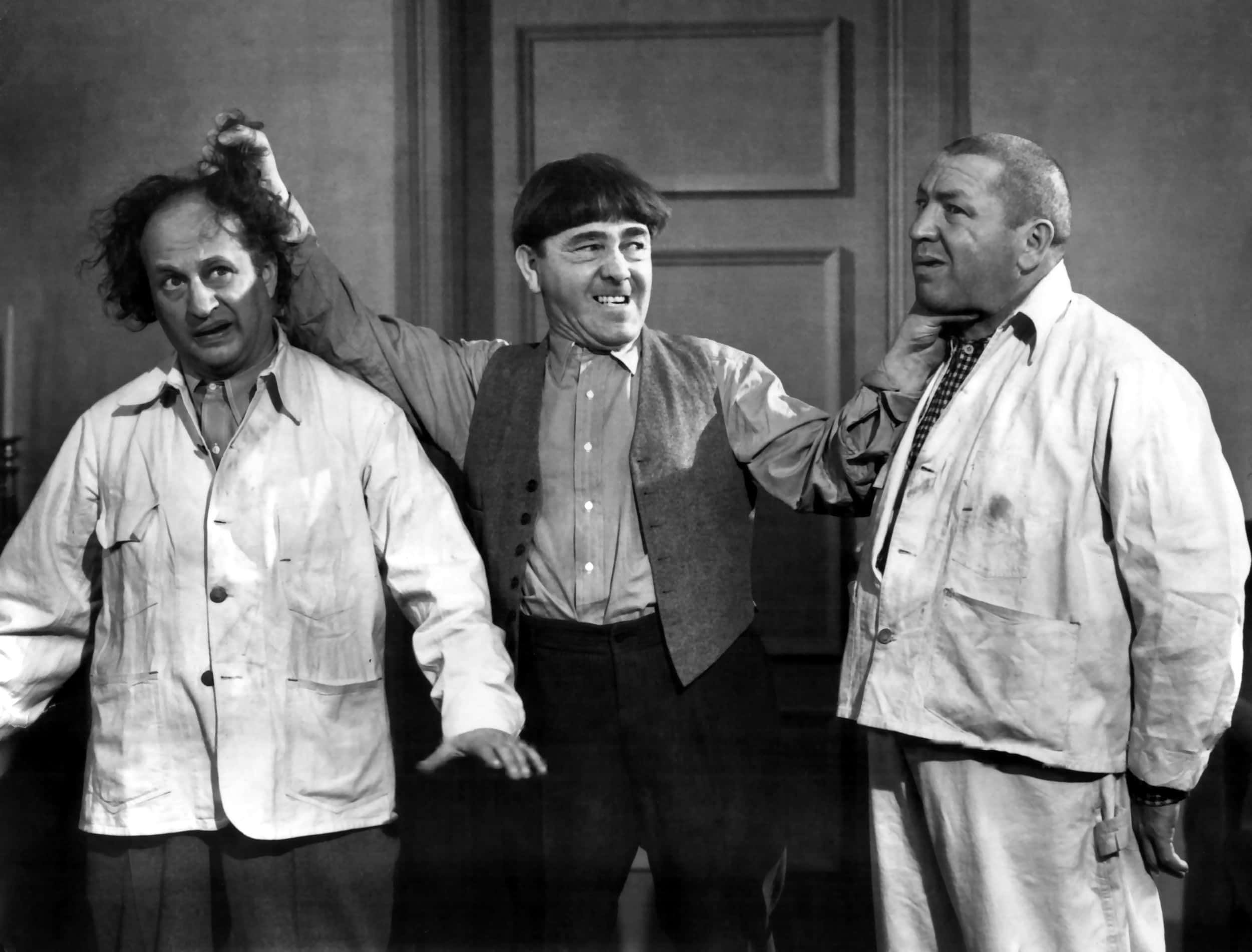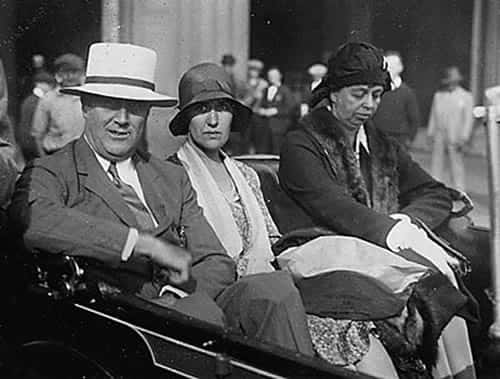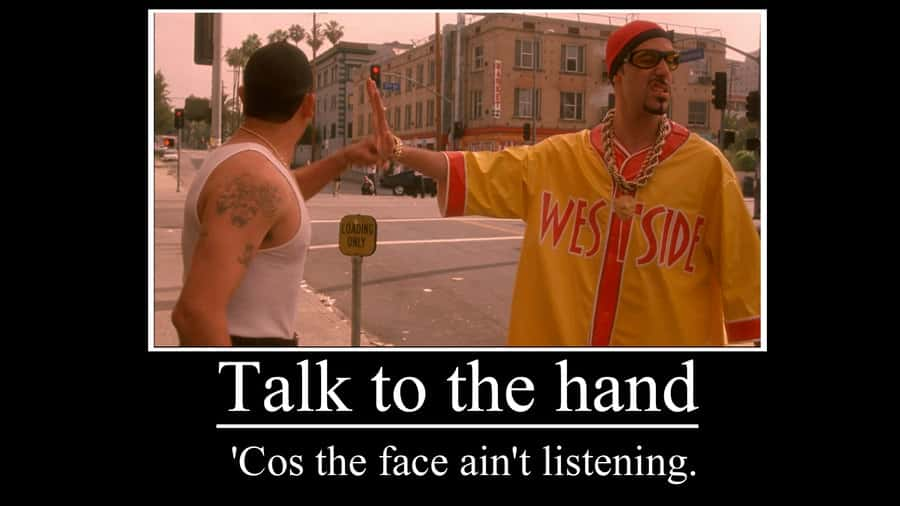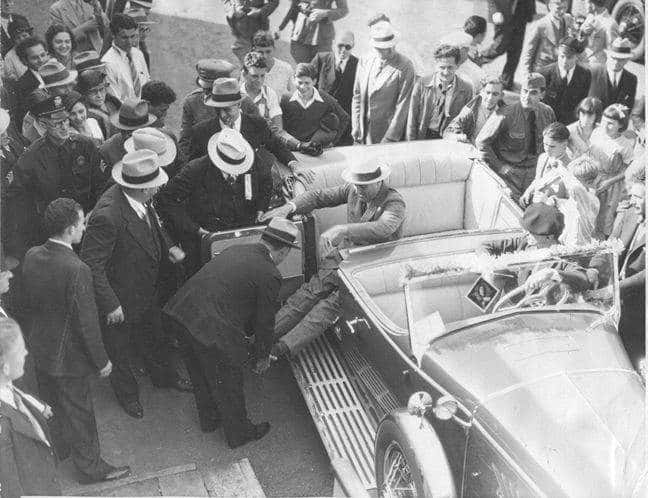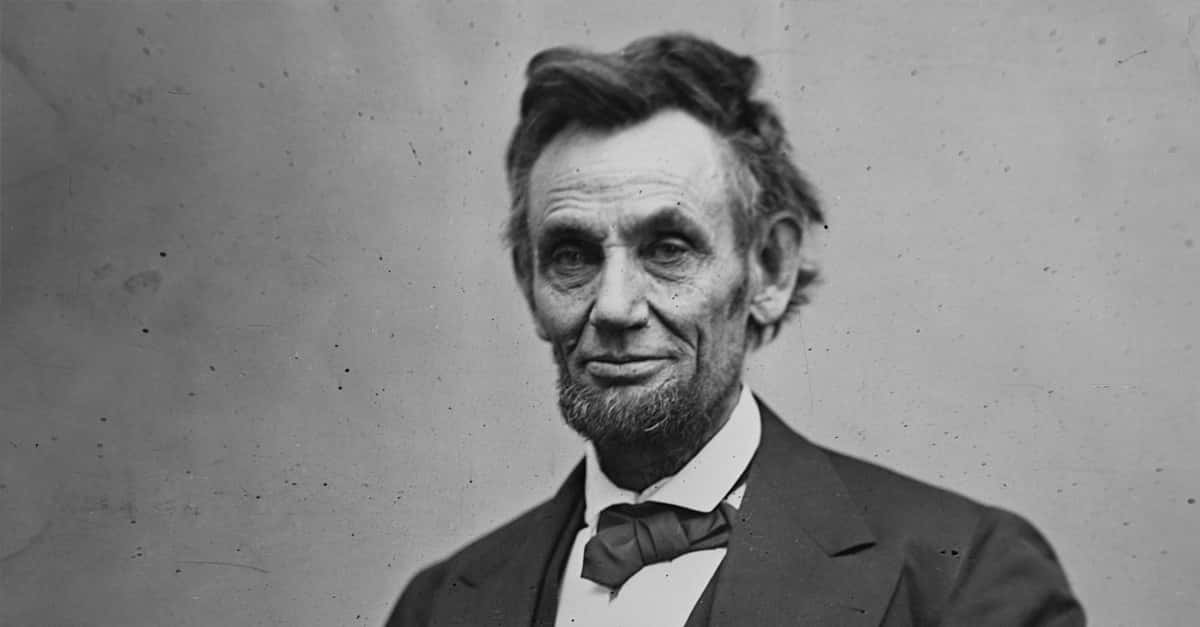As far as presidential accomplishments go, Franklin D. Roosevelt had quite the resume. After all, he did lead the United States through two of the most trying times in its history: the Great Depression and the Second World War. As a result, he is usually listed as one of the three greatest presidents of all time, along with George Washington and Abraham Lincoln. And yet, despite his lionized image, Roosevelt was an ordinary man with flaws of his own, and some of his lesser-known misdeeds leave a bit of a stench around his legacy. Did his accomplishments outweigh the flaws? Read these 42 facts and decide for yourself.
Franklin Delano Roosevelt Facts
42. Don’t Mind the Chair
Roosevelt is famous for requiring a wheelchair during his Presidency. However, while he was running for re-election, he was very careful to never be seen in public while sitting in a wheelchair, as he did not want the stigma to affect his political career. He even taught himself to walk short distances with the help of iron braces and a cane. He would also lean on people while forcing himself to stand.
41. Keep it in the Family
Franklin Roosevelt and his wife, Eleanor, were actually fifth cousins, once removed. Eleanor’s surname was already Roosevelt, and her uncle was no less than Theodore Roosevelt. Reportedly, when Franklin and Eleanor married in 1905, Teddy Roosevelt took a day off from the White House to walk his niece down the aisle and famously quipped “Well, Franklin, there’s nothing like keeping the name in the family.” We can assume, it being Teddy Roosevelt, that he had ridden to the wedding on a moose.
40. Going Against the Grain
Despite his Presidential cousin, and most of his family, belonging to the Republican party, Roosevelt joined the Democratic party when he decided that a law career wasn’t as promising as a political one.
39. Work Yourself to Death
Before Roosevelt, the unwritten rule amongst US presidents was that two terms were the limit, as anything longer than that was risky for democracy. Several, including the other President Roosevelt, tried to seek a third term, but were unsuccessful. Franklin Roosevelt not only succeeded in his goal of getting a third term, he also won a fourth! He remains the first, and only, US President to win four presidential terms (though he died shortly into his fourth term).
38. Nowadays He’d Have Just Played GTA or Skyrim
When Roosevelt was eight years old, he got into the habit of collecting stamps (for the young'uns, stamps are those sticky little squares you put in the corner of envelopes… shoot, we have to explain envelopes too…). His hobby became the salvation of his sanity as he was bed-ridden for a long time during his illness. He even said that stamp-collecting contributed to saving his life during that hard time.
37. When the Hobby Gets in the Way of Your Career
Years later, when Roosevelt became the POTUS, he once again used stamp collecting as relief, this time for the stresses of the presidency. He also used his position to approve over 200 new stamps, for which stamp nerds nationwide were forever grateful. I feel like that's kind of cheating, but hey, I'm not president so...
36. Is That a New Record?
Roosevelt’s biggest triumph election-wise was in 1936. Running against Alfred M. Landen, he won a whopping 98% of the electoral votes! Poor Landen did manage to win Maine and Vermont to his cause, which he no doubt had to heatedly repeat many times over the sound of people laughing at him.
35. The President Who Flew
Incredibly, Roosevelt was the first US President to fly in a plane. Granted, flight was much riskier back then, so it would have been surprising that the US President would risk his life by taking off into the air in some newfangled contraption.
34. One Small Step for Woman…
The very first woman to hold a cabinet position in a US Presidential administration was named Frances Perkins. She was selected by Roosevelt to serve as his Secretary of Labor. She proved an invaluable ally to the President, especially with the development of Social Security.

Sign up to our newsletter.
History’s most fascinating stories and darkest secrets, delivered to your inbox daily. Making distraction rewarding since 2017.
33. Early Days
What few people remember about Roosevelt’s political career is that he ran for Vice President in 1920. He ran alongside presidential hopeful James Cox. However, they lost to Warren G. Harding and Calvin Coolidge. Of course, for Roosevelt it was just a practice run before things got serious.
32. Those Clever Germans Weren’t Clever Enough!
In 1943, Roosevelt met with Joseph Stalin and Winston Churchill in Tehran to discuss plans to fight World War II as a united front against Hitler. It turns out that the Germans allegedly knew about the meeting and had a plan called Operation Long Jump, the objective of which was to assassinate all three world leaders. However, Soviet intelligence was on the ball and uncovered the plans before they could come to fruition, so the Operation never happened.
31. Earning his Spurs
In 1913, Roosevelt was appointed Assistant Secretary of the Navy by President Woodrow Wilson. Roosevelt was crucial to the installation of a merit-based promotion system in the navy, as well as in mediating issues within the unions associated with the Navy and their civilian employees. In the seven years that Roosevelt served as Assistant Secretary, not a single strike occurred.
30. A Man for the Sea
For Roosevelt, the Navy wasn’t just a job, it was a passion. By the time that he’d gotten the gig, Roosevelt is said to have collected an incredible 10,000 books about the Navy and claimed to have read all except one of them! Rumors that he wrote the Village People’s classic hit “In the Navy” are sadly untrue, however.
29. Go on Weeping, Ayn Rand
To this day, those on the right continue to criticize Roosevelt for his economic interventions and his focus on collectivism over individualism to get the United States out of the Great Depression. His contributions to the welfare state and economic regulations continued to draw the ire of Republicans and libertarians up until the 1980 election, with Ronald Reagan going back on his support of Roosevelt’s policies to slander New Dealers in the press (he ended up getting called out for his apple polishing).
28. Fascist?! I’m Not a Fascist!
Surprisingly (or not surprisingly, if you know anything about politics), Roosevelt got flak from those on the left as well as the right. Before Adolf Hitler and Benito Mussolini changed the way that people view the term "fascist," Roosevelt was called just that by the Communist Party USA (yes, they did exist once). They pointed to the fact that his Civilian Conservation Corps was being run by the military, which they saw as taking one step closer to militarism and yes, fascism. Unfortunately, the world would soon learn what "fascism" could really mean.
27. Just a Quick Clarification
While people go on about Roosevelt’s New Deal, there were actually two of them. The first one occurred in 1933, and the other took place in 1935. That second one should have been called the New New Deal, if you ask me.
26. Sweet Deal
To combat the massive unemployment gripping the nation, Roosevelt installed several programs to get people busy again. New, large-scale construction projects such as schools and dams fell under the responsibility of the Public Works Administration, formed in 1933. That same year, Roosevelt also established the highly praised Civilian Conservation Corps, which provided rural work for over a quarter of a million young unemployed men.
25. Politics is a Dirty Game
While racism has never stopped being a serious issue in the history of the US, the first half of the 20th century was a time when many black people who had angered white people found themselves lynched by angry mobs. During his presidency, Roosevelt condemned the act of lynching as murder, but he never pushed for a law to make it explicitly illegal. He reasoned that Southern Democrats would have turned against him the instant he tried to do that, and it would have made it impossible for him to push any other bill through Congress. Of course, this didn’t stop his wife, Eleanor, from supporting Republican proposals to criminalize lynching (Republicans and Democrats have somehow completely switched places on race issues since then).
24. Mr. President! It’s Too Dangerous!
One interesting first that Roosevelt has to his name is that he was the first sitting POTUS to travel abroad during a time when the United States was at war. But then again, we can hardly blame him for risking his life to have a chat with the one and only Winston Churchill.
23. All’s Well that Ends Well
While working on the first of his New Deals, Roosevelt sought to cut down on federal spending. One of his strategies was to remove half a million war veterans and widows from the pension rolls, while the rest would have their benefits severely cut down. This naturally infuriated the veterans’ groups and their benefits were restored in 1934 after rigorous campaigning and protesting. In 1936, they also won the ability to convert their benefits from instalments to an immediate cash payout. Despite it going against Roosevelt’s plan, it caused large sums of money to be pumped into the economy, which actually helped the economy to recover.
22. The Great Outdoors
Like his fifth cousin Teddy, Franklin Roosevelt was very much in support of protecting the environment. His support for the national parks led to a sharp rise in their popularity. In 1930, around three million tourists visited national parks. By 1939, that yearly number had jumped up to 15.5 million. Not only that, 3.4 million young men hired by the Civilian Conservation Corps were tasked with improving the parks. Thousands of dirt roads were improved, thousands of nature trails were set up, and an incredible two billion trees were planted! We wouldn’t be surprised if Roosevelt managed to secure the ever-coveted Ent vote because of this.
21. A Brush with Death
As popular as Roosevelt has become in history, it’s worth remembering that some people still hated him. One of these people was Giuseppe Zangara, a man who had spent a lifetime battling poor health, which contributed to the neurotic delusions that made him decide to murder the president. In 1933, Roosevelt happened to visit Zangara’s hometown of Miami. Sitting in the back of an open car, he gave a speech to a crowd which included Zangara. However, Zangara was a mere five feet tall, and was standing on a chair to try and get a shot at Roosevelt. He fired off six rounds, killing one person and injuring four others, but none of them were Roosevelt. Zangara was given the electric chair for his crime.
20. The Unpopular War
It's popularly believed that antiwar sentiment vanished overnight with the attack on Pearl Harbor, leaving Roosevelt free to declare war on Japan and Germany. However, this is only half-true. Even after Pearl Harbor, there was no increased incentive to declare war on Germany (there were still many fascists in high places in the US). It wasn’t until Hitler declared war on the US in support of the Japanese that America declared war in kind. Without that, Roosevelt would have had to struggle to get the Americans on board with a war in Europe and in Asia.
19. Winston, I can See Your Churchill
When it comes to the historical teamwork between Roosevelt and Winston Churchill, not many people think of the time that Churchill flashed Roosevelt and his son, Elliot. It turns out that Churchill was a fan of being naked and surprising people with his nudity. Roosevelt was no exception to this rule. When Roosevelt once met with Churchill, he found the British Prime Minister completely naked. Churchill’s response to Roosevelt’s shock? “You see, Mr. President, I have nothing to hide.” Guess that's one way to prove it.
18. Helping to Fight the Holocaust
After a horrific attack on Jews in Germany known as Kristallnacht (the Night of Broken Glass), Roosevelt allegedly took actions to allow 15,000 German citizens temporarily living in the US to stay permanently so that they would not have to go back home. As nice as that was, Roosevelt’s reputation for helping Jews during the Holocaust is widely debated, with much criticism aimed his way.
17. Blood on Your Hands
One incident which stains Roosevelt’s record in aiding those affected by the Holocaust is the case of MS St. Louis. In 1939, the ship contained many Jewish refugees from Europe, which was a big reason why they were denied entry into Cuba. The ship went to the United States instead, whereupon the Secretary of State Cordell Hull put pressure on Roosevelt to keep the refugees out, threatening that the Southern Democrats who helped set up Roosevelt’s power base would turn on him (anti-Semitism was very strong in the United States, it turns out). Roosevelt caved in, and the ship went back to Europe. More than 250 of the refugees on that boat died in the Holocaust, while Cordell Hull won the Nobel Peace Prize in 1945. It’s nice to know that that prize meant nothing at all even before Henry Kissinger won it.
16. Changing the Rules
After Roosevelt’s incredible run (no pun or joke meant) as President of the United States, the US decided that the unwritten rule needed to be put into the rulebook to prevent anyone else from trying to one-up his achievement. In 1951, the two-term limit became law thanks to Roosevelt being too popular for his own good.
15. Some Good Came Out of It, Then
Regardless of whether or not he actually had the disease, what stands as fact is that Roosevelt contributed greatly to the eventual discovery of the cure for polio. He championed efforts to eliminate the illness, and the fact that the president had it helped bring attention to the subject.
14. It’s Never Done That Before!
Franklin Roosevelt, it turns out, had a gift for pranks which began in his childhood. One afternoon in 1892, Roosevelt snuck into his nurse's private chambers and poured Alka Selzer into her chamber pot (what people used before toilets). This reacted strongly when the nurse next used her chamber pot, much to her shock. Roosevelt was later brought before his father to answer for the prank, but allegedly, his father couldn’t keep a straight face. After a hearty chuckle, he told his son to consider himself spanked and let him go.
13. Prankster President
This love for pranking and silly jokes continued long into Roosevelt’s adulthood, and if you thought being president would demand solemnity from him, think again. On one occasion, he summoned reporters for an important press conference, only to introduce a farmer to give a long speech about stud bulls. Roosevelt also persuaded one of his Secret Service members to scale a farm building, only to have the ladder removed, stranding the poor guy on the roof. We’re getting the feeling that Roosevelt was a big Three Stooges fan.
12. Punishing People for Their Complexion
In the aftermath of a great tragedy, a nation’s leader can try to reason with the hotheads who want a vicious reprisal against those connected to those responsible for the tragedy. Or said leader can choose to fuel the fires and allow people to unleash their fury upon people who had nothing to do with the tragedy. Roosevelt sadly chose the latter option when he signed executive orders which led to the infamous Japanese internment camps across the United States. It only took the US a few decades to apologize to the surviving families.
11. Influential President
Roosevelt’s twelve years as President allowed him to appoint an unprecedented number of Supreme Court Judges. By the time of his death in 1945, seven of the nine judges on the Supreme Court had been appointed by him.
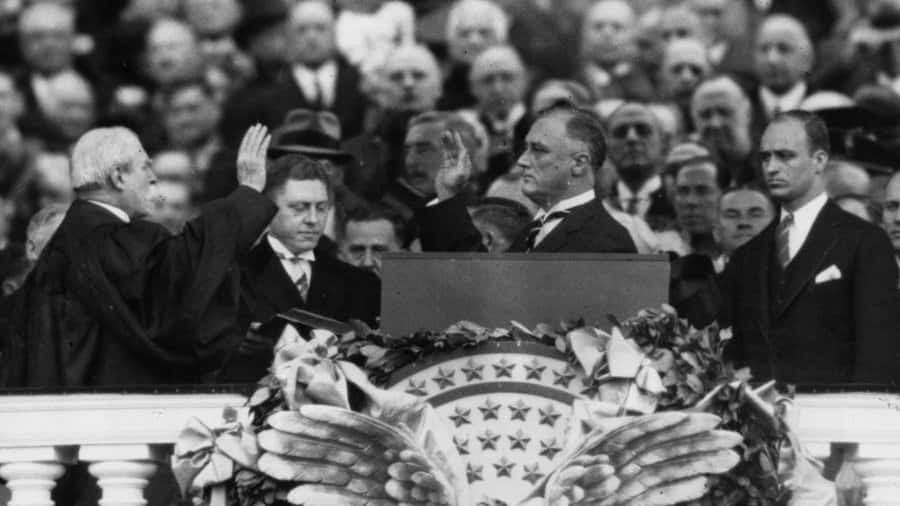 NPR
NPR
10. War on Justice
It wasn’t always smooth sailing between himself and the SCOTUS, however. Roosevelt was furious after the Supreme Court continued to strike down his New Deal laws. To counter this, he planned to expand the institution to a whopping 15 judges. According to his plan, a new justice would be appointed for every sitting justice that was over 70 and refusing to retire. Even Roosevelt’s own party hesitated to back this kind of decision. Despite Roosevelt’s inability to make good on his threat, he never again faced trouble from the SCOTUS on his New Deal plans.
9. Changing the Rules
At the 1940 Democratic National Convention, when Roosevelt was overwhelmingly nominated to run for a third term, his former vice president, John Garner, opposed Roosevelt’s nomination. A new vice-presidential candidate had to be found, and Roosevelt made a shocking decision for the time; he chose his own vice-presidential candidate, specifically the liberal reformer Henry Wallace. Wallace was deeply unpopular with the conservative side of the Democratic Party (which is many of them even now, let’s be honest). People also resented the idea that Roosevelt chose his own running mate, but this would serve as a new way to pick candidates in subsequent elections. Roosevelt even threatened to drop out if Wallace was rejected, which some might recognize as the strategy of the angry toddler stomping home from the game. Joking aside, Wallace would prove very useful to Roosevelt despite his lack of popularity within his own Party (you could say he was the Bernie Sanders of his day).
8. Someone They Can All Agree On
One trend to be seen in Roosevelt’s elections was his ability to win landslide victories every time. Because of his New Deal policies, he had gained the allegiance of African-Americans, Catholics, Jews, southern whites, labor union members and small farmers. This "New Deal coalition" gave Roosevelt at least 53% of the popular vote in every one of his presidential elections.
7. This Will Haunt Your Reputation, and Rightly So
When Jesse Owens won four gold medals at the 1936 Summer Olympics in Berlin, the story goes that he was snubbed by Adolf Hitler. However, according to Owens himself, it was actually his own president who did the real snubbing. Only white athletes were invited back to the White House to meet Roosevelt. In Owens’ own words “The President didn’t even send me a telegram!” For all the talk about Owens proving Hitler wrong, his own president didn’t even acknowledge what he’d done.
6. Awkward Affair
Despite his paralysis, Roosevelt still had an active sex life. His wife, Eleanor, had the belief that sex was “an ordeal to be endured” (which may be a passive aggressive critique on her husband’s performance in bed, let’s be honest). In an unrelated note, Roosevelt ended up having several affairs. The most personal one was his affair with Eleanor’s own secretary, Lucy Mercer.
5. Mixed Morals
Eleanor Roosevelt eventually found out about her husband’s affair with her own secretary, and allegedly offered her husband a divorce so he could marry Lucy Mercer instead. Mercer, ironically, refused to marry a divorcée as per her Catholic upbringing (though where was that strict Catholicism when it came to adultery?).
4. A Failing Marriage
The Roosevelts’ marriage deteriorated because of these extramarital affairs on Franklin’s part. He not only continued his affair with Lucy Mercer, but according to his son, he also had a near-simultaneous affair with Marguerite LeHand (his own secretary). Reportedly, the Roosevelts lived separate lives—even when Franklin’s health declined and he asked for Eleanor to reconcile with him. By that point it was too late, and Eleanor refused, presumably telling him to talk to LeHand (heh…).
3. Thank you, Smedley
Roosevelt may never have lived long enough to lead his nation through World War II if a sinister plot against his life had been successful. In 1933, Marine Corps Major Smedley Butler was approached to join in a conspiracy to murder Roosevelt and replace him with a fascist dictator (maybe they were inspired by a certain German man who took power that very same year?) The conspirators were said to include Senator Prescott Bush, the DuPont family, and the heads of Standard Oil, GM, and Chase Bank. Luckily for Roosevelt, Butler’s loyalty lay with the President; he told everything he knew to a congressional meeting the next year. Everyone he named denied their involvement (of course). While no charges were brought forward, the plot was acknowledged to have existed and was luckily halted in its early stages.
 YouTube
YouTube
2. Don’t Mess with Roosevelt
Before the Second World War and his defiance of Truman during the Korean War made Douglas MacArthur the legendary figure which he’s now remembered as, he faced off against President Roosevelt over a decision in the 1930s to cut the US Army’s budget by 51%. MacArthur was furious, and during a confrontation that has gone down in history, he declared to Roosevelt’s face that when the next war happened, and American soldiers were dying, he hoped that they would curse Roosevelt’s name with their dying breath. Roosevelt was so outraged at that kind of talk that the meeting ended with a contrite MacArthur offering his resignation before hurrying outside the White House and vomiting on the front steps. Surprisingly, his resignation was refused by Roosevelt, and MacArthur had to learn humility all over again in the 1950s.
1. Which One’s at Fault?
The reason for Roosevelts paralysis has always said to have been polio, which he caught during the 1920s. However, a newer theory suggests that it was actually due to Guillain-Barré Syndrome. To be fair, the treatment for both these afflictions was the same back in those days, so it's not like a misdiagnosis would have changed much.

